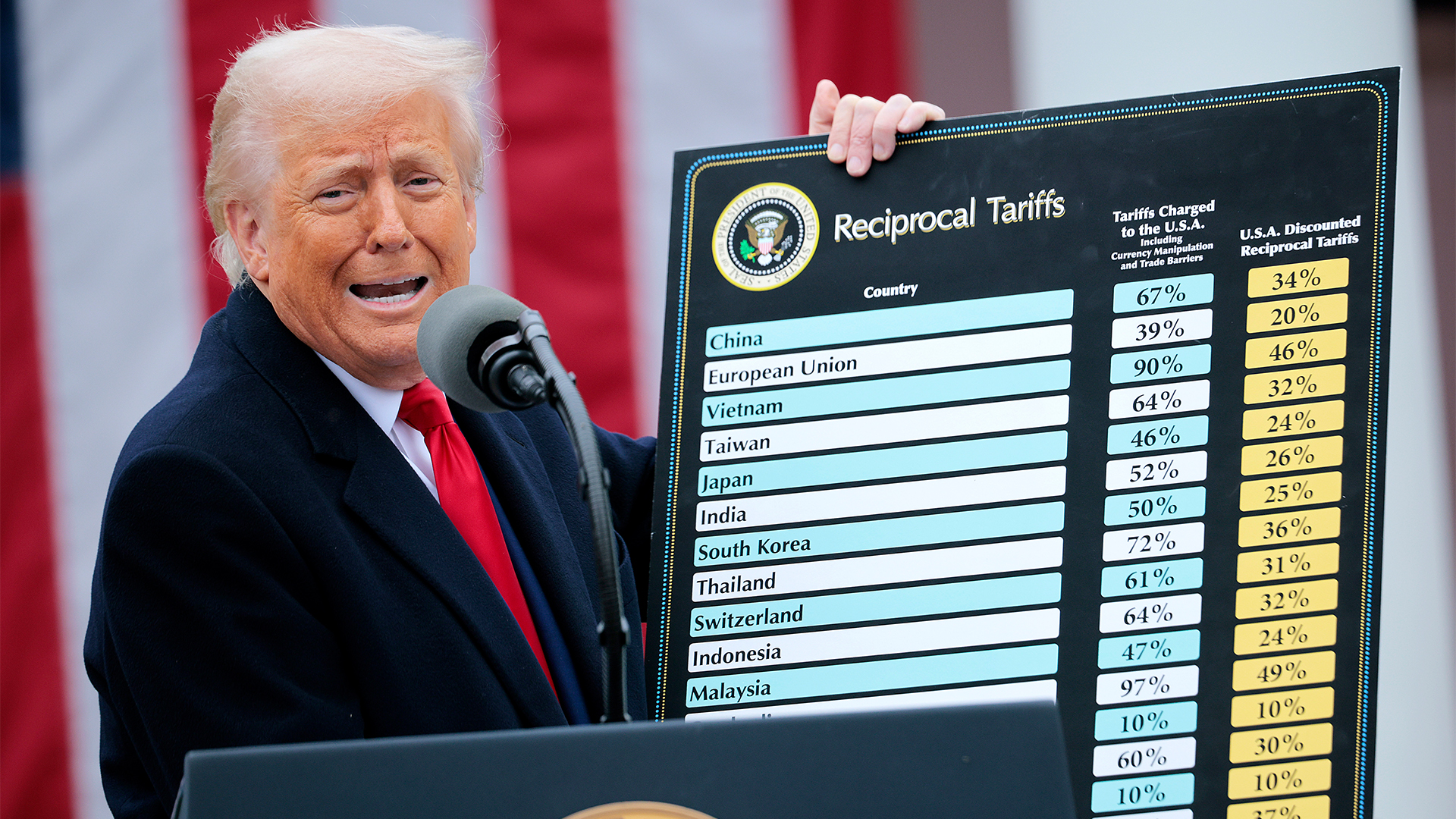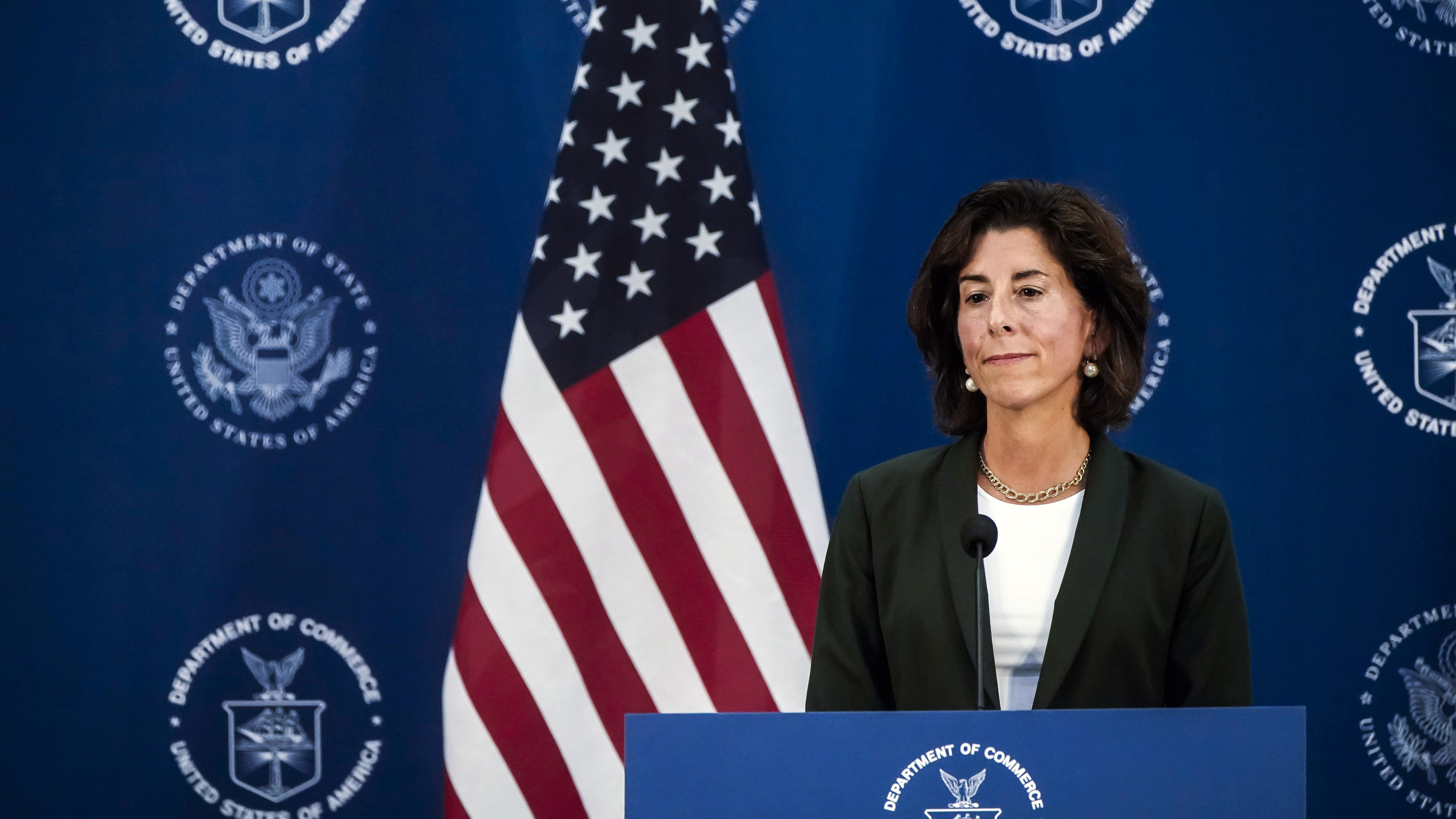President Biden urges critical companies to boost cyber defenses
White House calls for power plants and other infrastructure to guard against cyber attacks

President Joe Biden is urging power plants, water treatment plants, and other US infrastructure linchpins to bolster their cyber defenses because stricter regulations are likely on the way.
The president signed a national security memorandum Wednesday, launching an initiative to establish “performance controls” for cyber security at these critical companies and utilities.
These recommendations are voluntary, but the White House hopes they’ll spur private companies to strengthen their cyber security, senior administration officials told Reuters.
This initiative comes after a number of high-profile cyber attacks have hit US companies and government agencies, including a ransomware attack that disrupted gasoline supplies in the southeast US.
“These are the thresholds that we expect responsible owners and operators to go by,” a White House official said. “The absence of mandated cyber security requirements for critical infrastructure is what in many ways has brought us to the level of vulnerability that we have today.”
The initiative to improve cyber security defenses will be a public-private partnership, the White House said. Officials describe the current state of cyber security rules for critical infrastructure companies as “patchwork” and “piecemeal.”
“The federal government cannot do this alone,” the official said. “Almost 90% of critical infrastructure is owned and operated by the private sector.”
Sign up today and you will receive a free copy of our Future Focus 2025 report - the leading guidance on AI, cybersecurity and other IT challenges as per 700+ senior executives
“We’ve kicked the can down the road for a long time.”
On Tuesday, Biden warned if the United States ended up in a “real shooting war” with a “major power,” it could be the result of a significant cyber attack. The federal government sees a growing threat posed by hackers from Russia, China, Iran, and North Korea.
Earlier this month, the White House urged mayors to meet with their state government cyber security chiefs to reassess security postures in light of recent ransomware attacks.
Earlier this month, a report from Trend Micro found that 84% of US organizations have reported phishing or ransomware security incidents in the last 12 months. The research also found that half of US organizations are not effective at countering phishing and ransomware threats.
-
 UK’s ‘Tech Prosperity Deal' with US hits rocky ground
UK’s ‘Tech Prosperity Deal' with US hits rocky groundNews The US has reportedly threatened to pull out of the deal over the Digital Services Tax and broader economic disagreements
-
 Global IT spending set to hit a 30-year high by end of 2025
Global IT spending set to hit a 30-year high by end of 2025News Spending on hardware, software and IT services is growing faster than it has since 1996
-
 ‘The UK must position itself as the destination of choice’ in wake of H-1B visa crackdown, tech policy group says
‘The UK must position itself as the destination of choice’ in wake of H-1B visa crackdown, tech policy group saysNews The UK has a massive opportunity to capitalize on the US government’s H-1B visa changes
-
 AI tools are a game changer for enterprise productivity, but reliability issues are causing major headaches – ‘everyone’s using AI, but very few know how to keep it from falling over’
AI tools are a game changer for enterprise productivity, but reliability issues are causing major headaches – ‘everyone’s using AI, but very few know how to keep it from falling over’News Enterprises are flocking to AI tools, but very few lack the appropriate infrastructure to drive adoption at scale
-
 Pegasystems teams up with AWS to supercharge IT modernization
Pegasystems teams up with AWS to supercharge IT modernizationNews The duo aim to create deeper ties between the Blueprint, Bedrock, and Transform services
-
 IDC warns US tariffs will impact tech sector spending
IDC warns US tariffs will impact tech sector spendingNews IDC has warned that the US government's sweeping tariffs could cut global IT spending in half over the next six months.
-
 US government urged to overhaul outdated technology
US government urged to overhaul outdated technologyNews A review from the US Government Accountability Office (GAO) has found legacy technology and outdated IT systems are negatively impacting efficiency.
-
 US proposes new ‘know-your-customer’ restrictions on cloud providers
US proposes new ‘know-your-customer’ restrictions on cloud providersNews The US aims to stifle Chinese AI competition with new restrictions on cloud providers to verify foreign data center users

